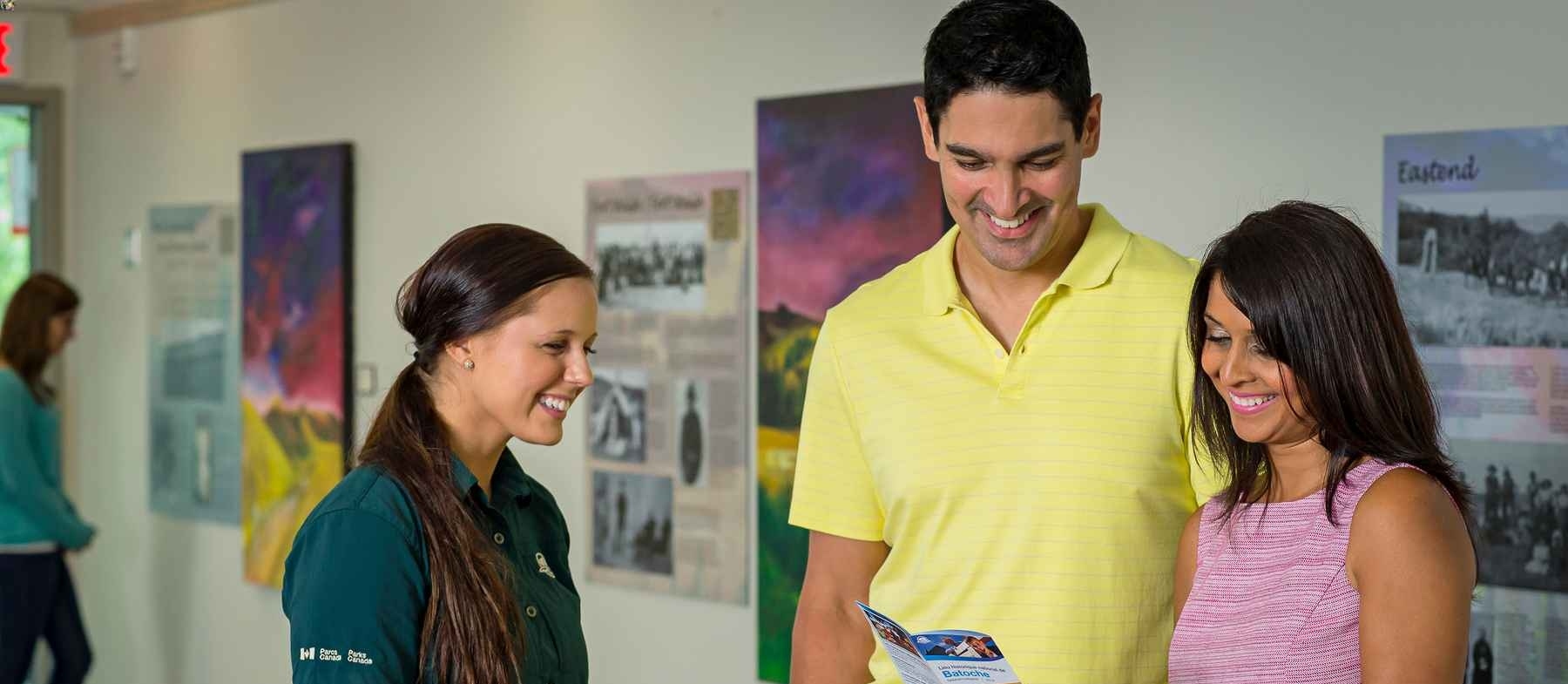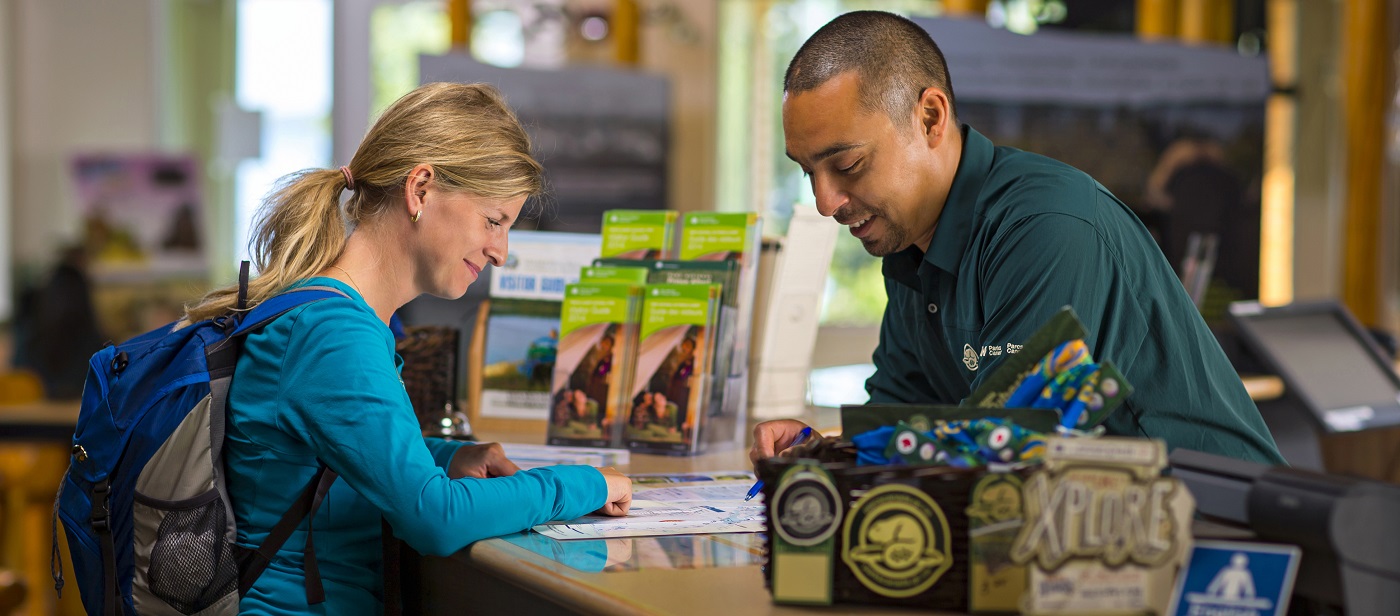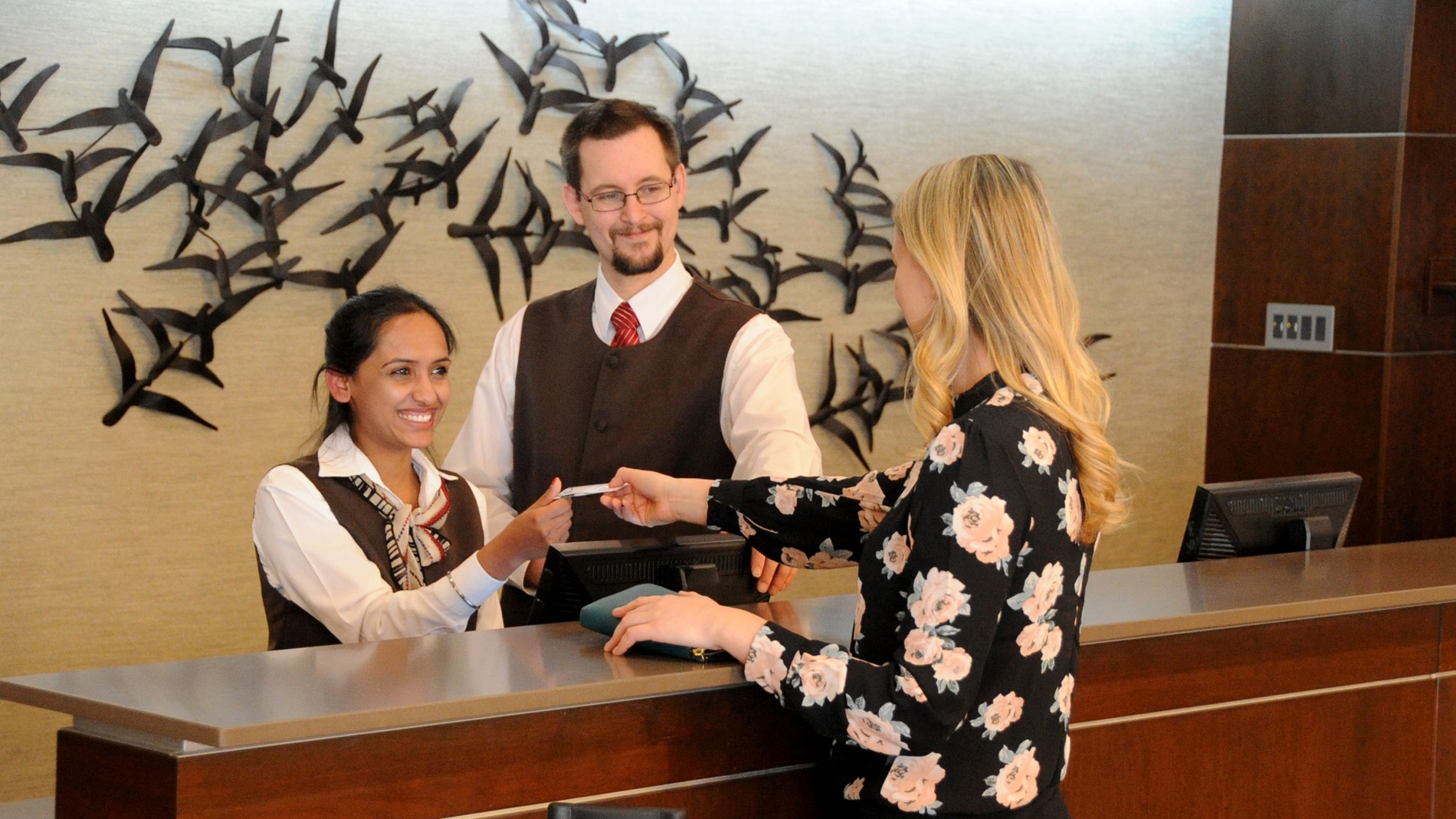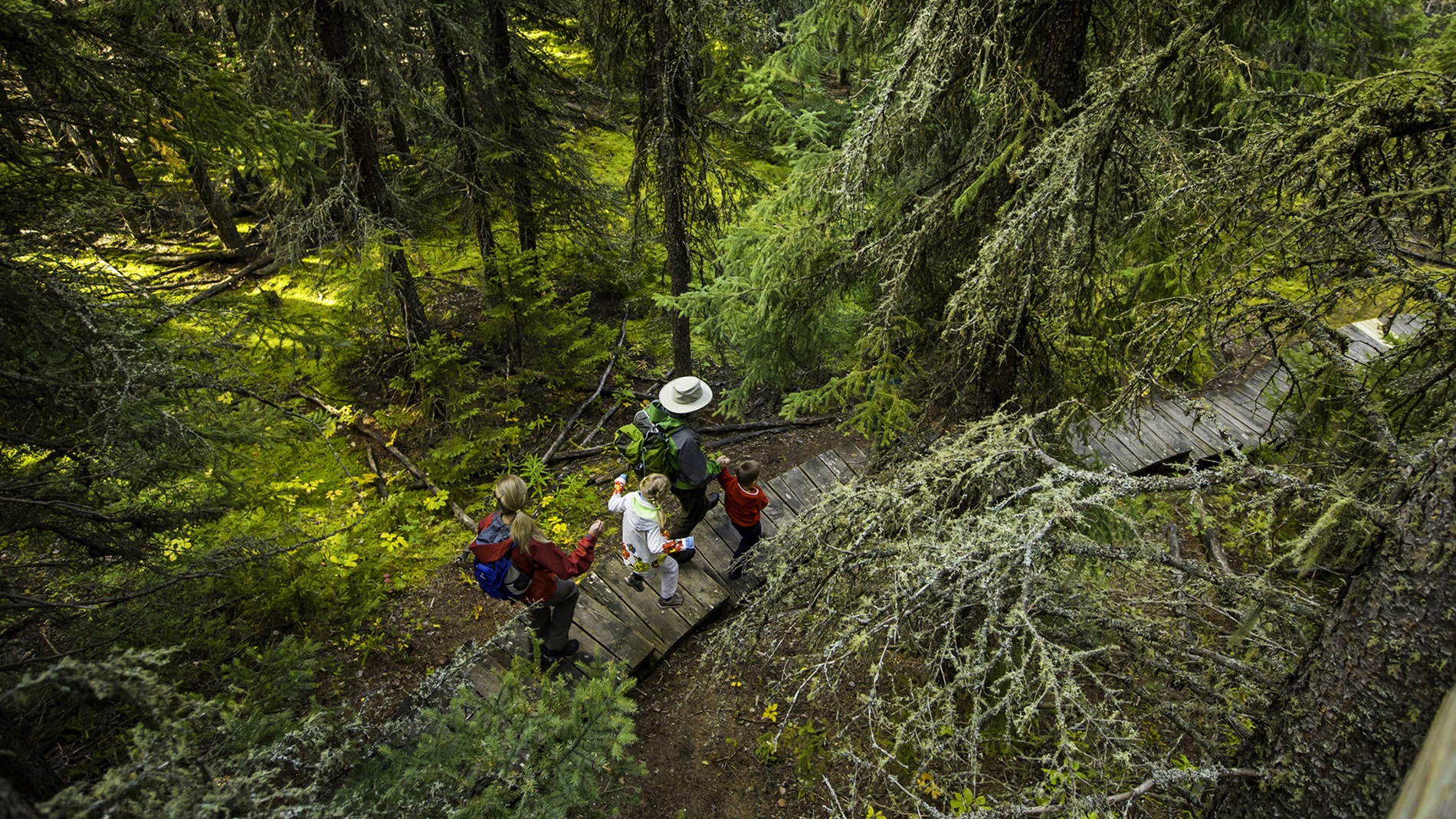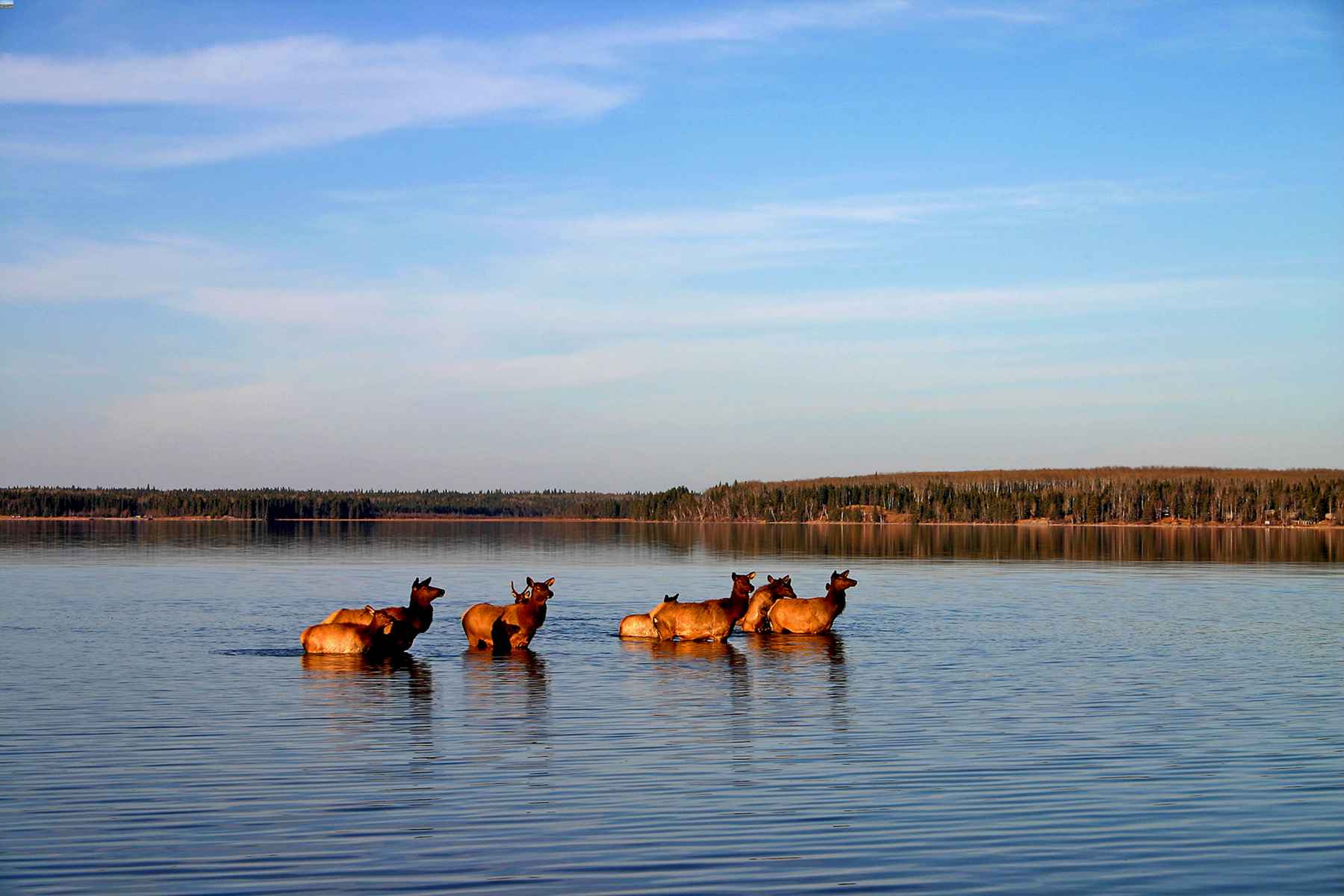Perhaps your objective in the plan is to attract more visitors through direct-mail promotions, some form of newspaper and radio advertising, a Facebook contest or a combination of these and other promotional activities. You should try to gauge the success of your efforts by obtaining figures showing fair attendance before and after new promotions were implemented.
Show me information for:
- Monitoring
- Reviewing
It is essential that you devise a means to monitor the effectiveness of your activities prior to implementing the plan.
For example, if your community stages an annual festival and you are developing a new program to promote the event, you must have monitoring procedures in place to determine whether promotions have been worthwhile.
Perhaps your objective in the plan is to attract more visitors through direct-mail promotions, some form of newspaper and radio advertising, a Facebook contest or a combination of these and other promotional activities. You should try to gauge the success of your efforts by obtaining figures showing fair attendance before and after new promotions were implemented.
If attendance has increased significantly after the new program, you may be safe in assuming your efforts were successful. However, you might also consider additional monitoring to make sure a causative relation actually exists between the new program and increased attendance. You should be aware of other factors outside of your control that may have affected attendance at your event. Take these into consideration when analyzing the effectiveness of your promotions.
Additional monitoring could come in the form of "sampling" activities. Here you would establish procedures for obtaining information from people who attended the fair after the new promotional program was implemented. If it is a summer event, you could hire people to approach fairgoers at strategic locations with a checklist of questions. The more people you question, the better your sample will be.
In any sampling procedure, it is usually best to provide incentives to people whom you question. They are more likely to take the time to answer if you offer them something. Free tickets, discount coupons or low-cost promotional giveaways could be exchanged for participation in the sample.
Other sampling activities include questionnaires by mail, telephone interviews and online surveys. These may be carried out after the fact, if you have information on attendees and can reach them. Keep in mind that these additional sampling activities could be costly.
If sampling is done, try to get as much information as possible from the people whom you question, without making the process too inconvenient. The data that you obtain will not only give direction on how successful your specific program was, but will also provide a clearer understanding of your tourism markets.
The results of your monitoring efforts throughout the year should be discussed at an annual meeting. You may also wish to prepare a brief annual report for distribution to interested participants and residents of the community and district.
Your goals and objectives should be reviewed and your progress toward reaching them evaluated. As they are gradually achieved, they will be replaced by new ones. The findings of your review will determine your activities for the coming year.
These proposed activities should, again, be presented to council for endorsement. Thus, the process repeats itself. Local media should be told about your successes and other positive aspects of your efforts. You might even consider having an annual tourism night with guest speakers, films and presentations.
Over the years, the committee will become comfortable with working through the process described here, and will likely fine-tune it to make it more streamlined.









